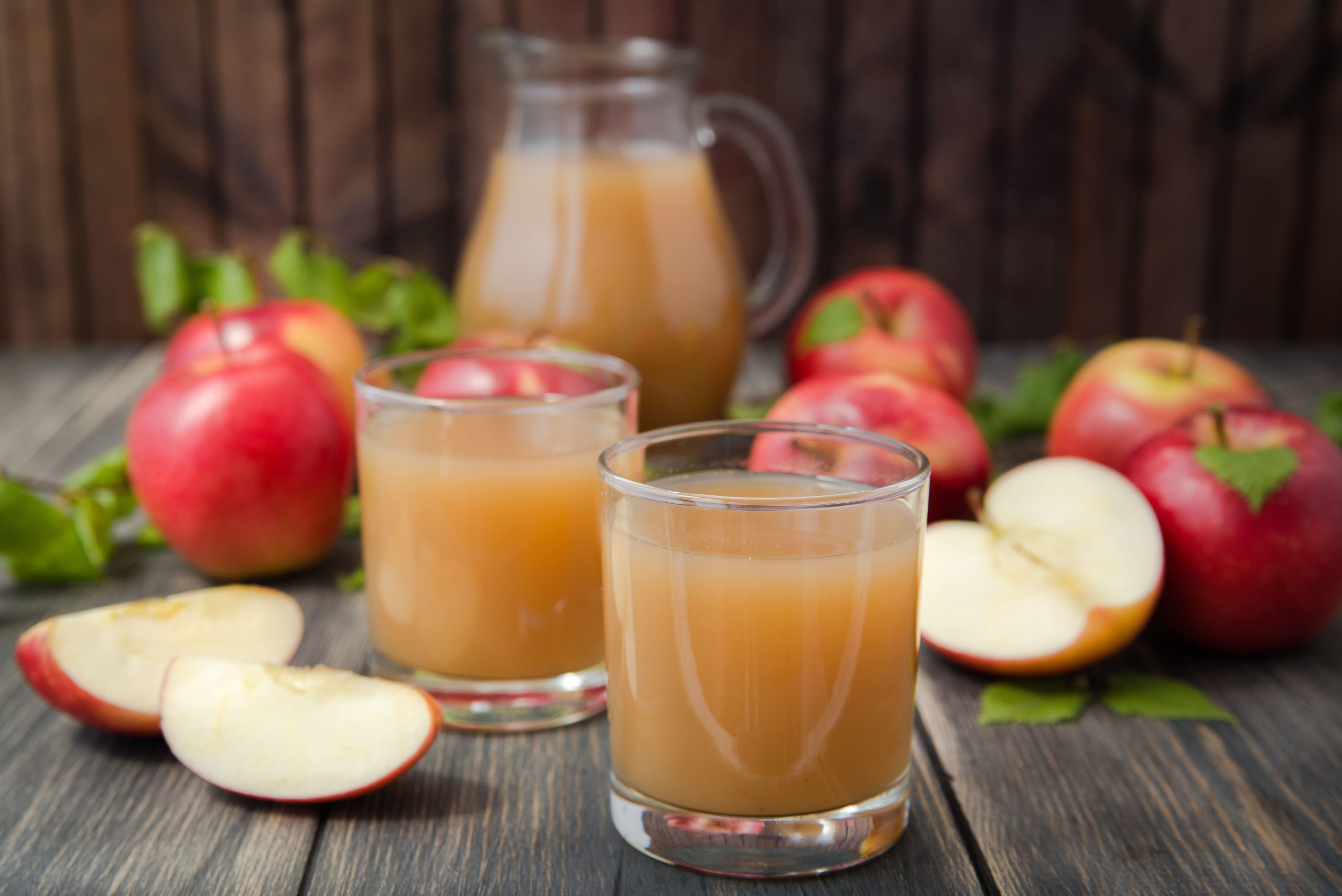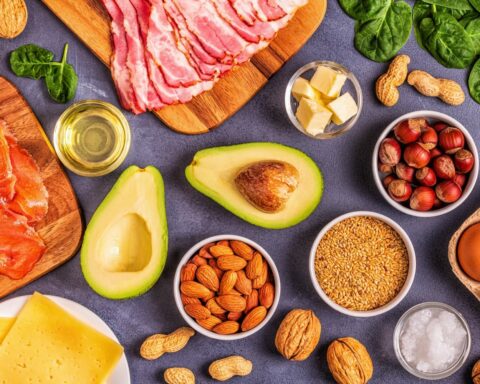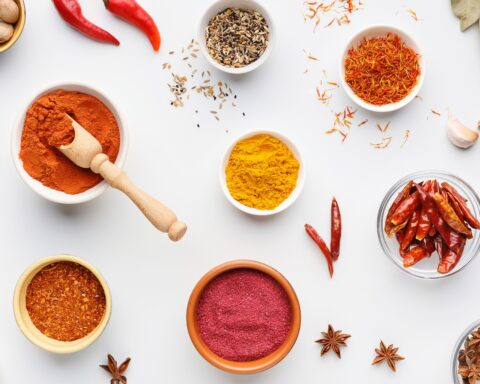Apple juice is made by pressing apple fruit, and the product has pros and cons. While its hydrating powers and boosted in the process, the filling and fibrous properties are greatly affected.
Squeezing lemon or oranges produces their juice, and chopping and pressing apple fruit results in apple juice. The process boosts the fruit’s hydrating powers, but the juice is not as filling as the real fruit. Besides, reducing apples to apple juice affects their fibrous content; hence the juice might not boost gut health, lower constipation, slow down bowel movements, and help you remain full for longer. This article looks at the benefits and downsides of apple juice, and you might find it appealing to help you decide whether you will take whole apple fruits or will process them into juice.
Potential benefits of apple juice
Although apple juice cannot match apple fruit in benefits, the juice, too, has its healthy aspects, including;
i. Apple juice is nutritionally rich
Although making apple juice from whole apple fruit interferes with fruit’s fiber content, the juice is still nutritionally rich, especially if it is home-made and has no other industrial or artificial product added to it. It contains proteins, carbs, and various minerals and vitamins. For instance, the juice is rich in vitamin A, which protects the eye, some B complex vitamins (B3, B6, and B2), and C (ascorbic acid), which boosts one’s immunity and reduces the risk of infections. The juice is also rich in potassium, a mineral that helps balance the body’s osmotic pressure, and iron, which manufactures hemoglobin and helps transport oxygenated blood to the rest of the body.
ii. Apple juice may contain powerful plant compounds
Health experts and nutritionists suggest that people take whole fruits, vegetables, and cereals without refining them because the process clears them off useful compounds. For example, apple fruits have powerful antioxidants on the outermost peel but chopping the part outside rips the fruit of these useful compounds. Thankfully, some inner part of the fruit which remains intact despite peeling contains polyphenols, although in trace amounts. Therefore, the resulting juice may also have polyphenols, making it useful for reducing inflammation and oxidative stress, the two primary causes of chronic infections like diabetes type 2 and heart disease.
iii. The juice may be good for heart health
Home-made apple juice may be good for heart health for two main reasons; it is rich in potassium, a vasodilator. The potassium ions help the heart cells and muscles relax, reducing anxiety in the heart that would otherwise lead to high blood pressure, one of heart disease’s risk factors. In addition, recent studies have shown that taking apple juice reduces bad cholesterol and boosts the good: bad cholesterol ratio, which also improves heart health. Not to forget, the juice is rich in plant compounds, including polyphenols, which have strong antioxidant properties, lowering inflammation and heart disease risk.
iv. It may boost brain function as one ages
As a person advances in age, one almost inevitable problem is the decline of brain function. One main cause of the problem is oxidative stress, a condition that results from the accumulation of free radicals from the environment and pollution, which can be damaging. The other cause of cognitive decline is inflammation of brain cells, increasing the proportion of inflammatory markers in the brain. Fortunately, the antioxidants and the plant compounds in apple juice, although available in trace amounts, can reduce inflammation and free radicals, ultimately lowering the risk of cognitive decline in the form of dementia, Parkinson’s, and Alzheimer’s disease as one ages.
v. It may boost immunity
The body’s immune system is its defense mechanism, and when the system is affected, the body’s defense is troubled, increasing one’s risk for infections. A 100g serving (3.5 ounces) of apple juice has 2% of the RDI vitamin C, the vitamin responsible for boosting the immune system. With enough vitamin C and other antioxidants in the body, oxidative stress and inflammation are not a problem, strengthening one’s immunity.
vi. It might have powerful anti-cancer properties
Apple fruit’s peel has many antioxidants and plant compounds, which show promising anti-cancer properties. In preparing the juice, the peel is removed, and most of the useful compounds are removed. However, some carotenoids and polyphenols remain intact, and these may help reduce the risk for cancer infection and prevent the disease’s progression.
Downsides of apple juice
Despite the mentioned health benefits, apple juice also has its downsides, just like a coin with a head and a tail. The main downsides of the juice include;
i. It could trigger unnecessary weight gain
The main concern about taking apple juice is that it may cause unnecessary weight gain. Unlike half or a full apple fruit that easily makes you full, apple juice may leave you feeling hungry after drinking it, making you crave more. Yet, the juice is quite high in calories, with a regular-sized cup containing 95 calories, while the 240ml one has 115 calories. The more calories you take, the pounds you gain.
ii. It is not as nutritionally rich as the fruit
Admittedly, apple juice cannot match apple fruit when its nutritional profiles are explored. In fact, the juice on its own cannot even provide 10% RDI of any macronutrient. Therefore, most industries fortify the juice with macronutrients, including vitamin C, to boost the juice’s nutritional value.
iii. It is low in fiber nut high in sugar
When eaten with the peel, a regular-sized apple fruit supplies the body with 4.5g of fiber, making up 18% of the RDI fiber. However, apple juice from the same fruit only gives the body 0.5g fibers. At the same time, the juice is high in sugar because virtually 100% of its calories come from carbs/sugars, primarily glucose and fructose. This increases the risk for heart disease, tooth decay, obesity, and other conditions. Besides, low fiber and high sugar content increase sugar spike, ultimately leading to diabetes type 2 after drinking the juice constantly.
Conclusion
Eating apple juice supplies the body with minerals, vitamins, antioxidants, and fiber. However, when the fruit is converted to juice, making apple juice, the product is more hydrating and might aid brain health, but its downsides are also serious. The juice may trigger tooth decay, cause sugar spikes and diabetes type 2, and strip the fruit of its nutritional value.
- FDC – Giejo Magazine Article - July 29, 2023
- MoriMa Tea the – Chinese tea culture - April 26, 2023
- Missionary Position – Least Likely To Bring You To Climax - April 7, 2023









